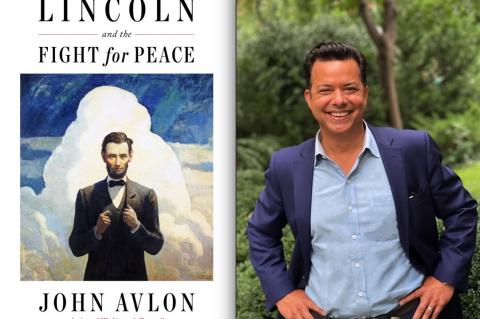In “Lincoln and the Fight for Peace,” John Avlon’s argument is that Lincoln’s intentions following the Civil War demonstrate the true path to peacemaking after armed conflict.
Books
Meet the Authors Night, a new monthly series from the Springs Historical Society and the Springs Library, brings Randye Lordon, known for her Sydney Sloane mysteries, to Ashawagh Hall on March 16 at 6 p.m.
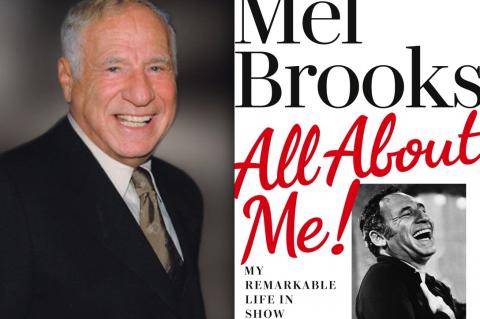 The Showman
The ShowmanMel Brooks delivers what his title promises, exclamation point and all — an unedited account of a life that must have been fun to live, but can be a chore to read about.
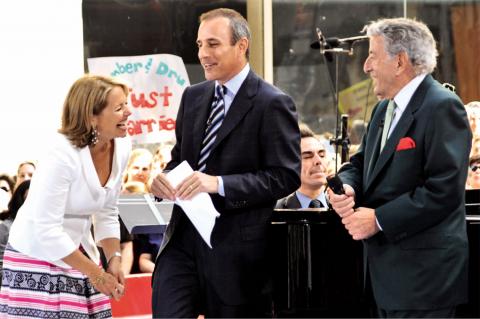 Let’s Be Frank
Let’s Be FrankIn “Going There,” her memoir, Katie Couric spares no one, least of all herself, in coming clean on a 40-year career in on-air news reporting.
The Shelter Island Library is offering a chance for poets to win some recognition and $1,000.
All the ethical quandaries of a Henry James novel transposed to Gardiner’s Island? Read on.
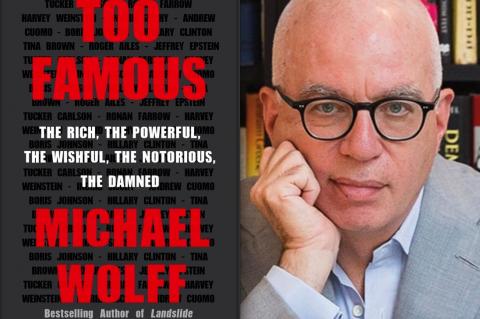 The Horror of Their Company
The Horror of Their CompanyIn “Too Famous,” Michael Wolff’s compendium and rogues’ gallery, is it the sleaze of his subjects or his smug knowingness that’s grating?
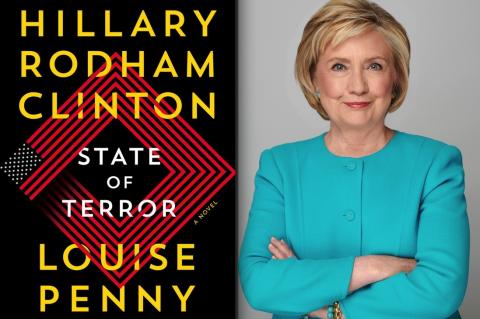 High Crimes
High CrimesBased on a “nightmare scenario” that woke Hillary Clinton up in the middle of the night when she was secretary of state, “State of Terror” tells an “all too timely” story.
A stream-of-consciousness tribute from a Pulitzer Prize winner.
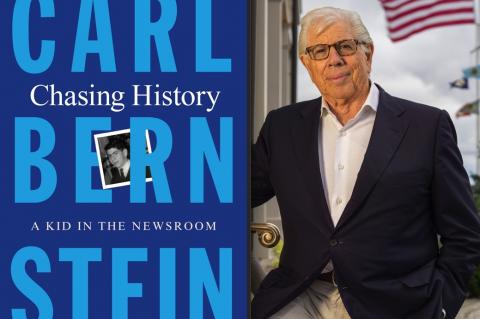 Bernstein Before Watergate: For Love of Ink
Bernstein Before Watergate: For Love of InkWhat we have here is Carl Bernstein’s sincere, often heartwarming love letter about his earliest years in the print-era journalism that seduced him at age 16.
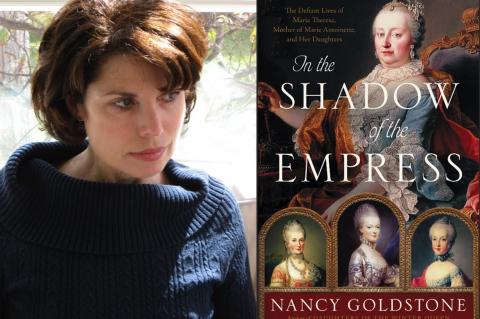 A House of Many Queens
A House of Many QueensNancy Goldstone’s “In the Shadow of the Empress” focuses on four extraordinary Habsburg women: Maria Theresa and three of her daughters, one of them Marie Antoinette, during one of the most unstable periods in European history.
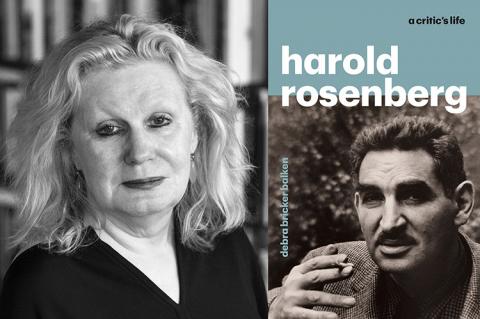 Art Critic’s Ascent
Art Critic’s AscentHow did Harold Rosenberg, a gawky nerd in his youth, a self-described outsider, become one of the 20th century’s most essential voices on American art?
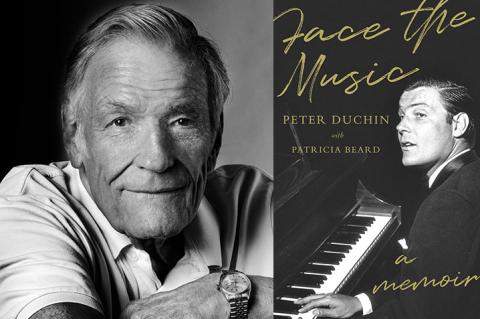 The Divine and the Mundane
The Divine and the MundaneThe pianist Peter Duchin’s memoir mixes anecdotes of a life making music in high society with accounts of a stroke and hospitalization with Covid.
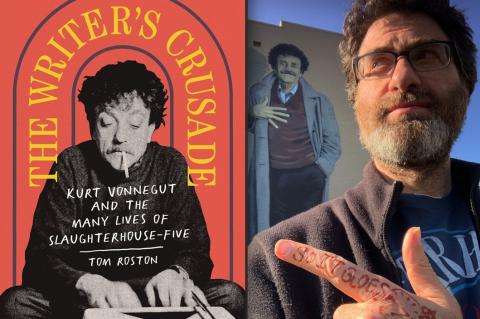 After the Meat Locker
After the Meat LockerReconsidering Vonnegut’s “Slaughterhouse-Five” as a treatise on P.T.S.D.
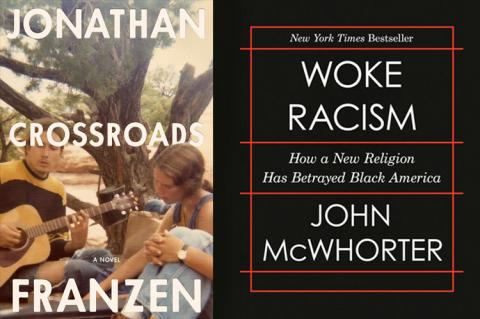 The 10 Best Books of the Year
The 10 Best Books of the YearThe author of “Lit Life” looks back at the highlights of the year that was in literature.
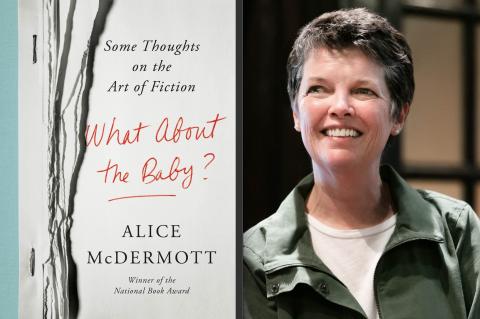 The Conjuring Author
The Conjuring AuthorA National Book Award-winning novelist on her art and craft — and East Hampton’s Main Street, too.
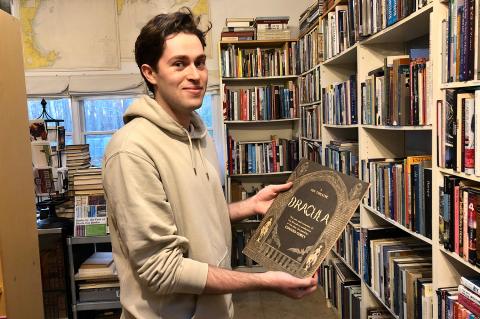 Booksellers Who Deal in the Rare and Collectible
Booksellers Who Deal in the Rare and CollectibleImpressive selections of used, rare, and collectible books can be found in local shops like Black Cat Books on Shelter Island, Sag Harbor Books and Southampton Books, and Canio's Books in Sag Harbor, and some of these are also tapping the internet to redirect the world’s flow of used books from extinction (and landfills) to readers who truly care for and appreciate them.
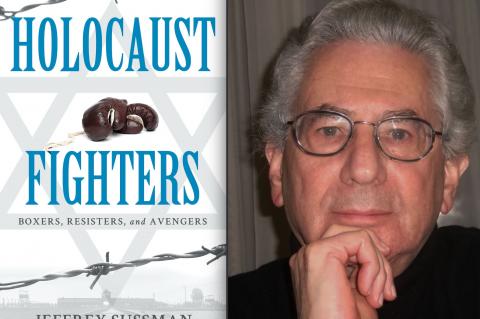 Heroes of the Camps
Heroes of the CampsJeffrey Sussman weaves together tales of unsung heroes of the Holocaust, how they put their lives on the line to oppose a maniacal regime.
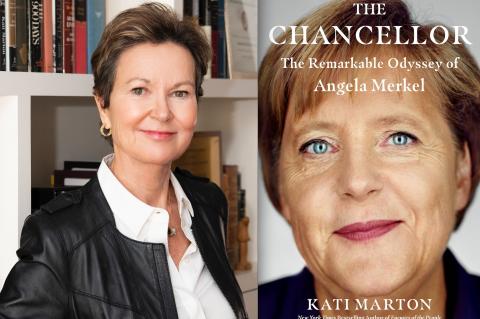 A Triumph of Temperament, Talent, and Timing
A Triumph of Temperament, Talent, and Timing Angela Merkel’s high-mindedness and manifold good deeds are deftly, sympathetically described in Kati Marton’s new biography.
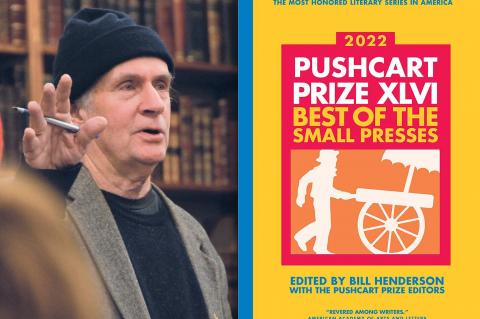 Social Ills, Literary Riches
Social Ills, Literary RichesThe Pushcart “Best of the Small Presses” anthology is back, offering a wide spectrum of voices and contributions that survey abuses specific to our moment.
 Against the Odds
Against the OddsBarbara Lazear Ascher’s exquisitely crafted memoir describes a journey of love, pain, grief, and back again.
 Notes From Tenant Hell
Notes From Tenant HellIn her new novel, Eileen Obser clearly shows herself to be an authority on her subject: renting rooms to the young, self-absorbed, inconsiderate, conniving, and broke.
 Where It Was At
Where It Was AtIn the artist and critic Edith Schloss’s newly compiled memoir, the New York City of the Abstract Expressionist era explodes into a series of vivid canvases.
 As the Heart Throbs
As the Heart ThrobsThe professor and researcher Bill Schutt leads us on a journey through all things heart with a light hand and at times even humor.
 American Dreamer
American DreamerThe remarkable story of a Holocaust survivor who charmed and swaggered his way to financial heights, all the while maintaining a passion for Judaism.
 A Medical Pioneer
A Medical PioneerIt would be a mistake to think of this highly readable book as a Holocaust memoir. Rather it is a prominent American physician’s synthesis of some 80 years of a courageous life.
A poem for a warm autumn that has kept the roses blooming.

